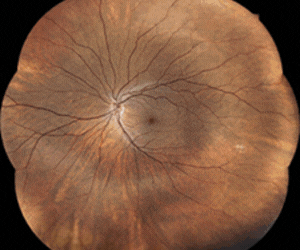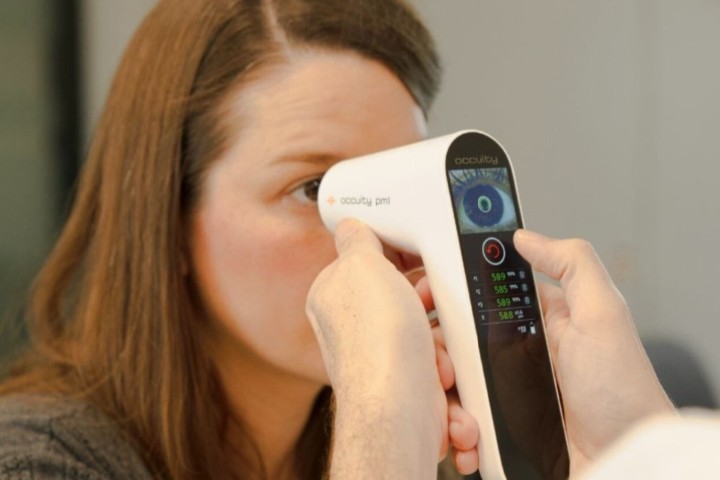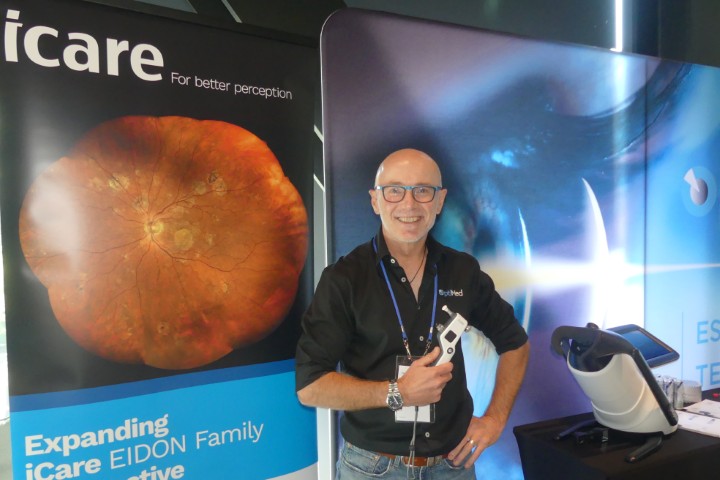Recurrent corneal erosion syndrome, disease association and IPL
A study from the University of Wuhan, China, has confirmed the association between meibomian gland dysfunction (MGD) and demodex infestation with the incidence of recurrent corneal erosion syndrome (RCES).
The study also showed intense pulsed light (IPL) therapy, in combination with meibomian gland massage, resulted in significant improvement in meibomian gland functionality, reduced demodex count and effectively mitigated the recurrence of RCES.
Thirty patients diagnosed with RCES (30 eyes) plus control (31 individuals/31 eyes) were enrolled in the study, with the RCES cohort divided into two subgroups. RCES-A patients received IPL therapy (16 patients), while the RCES-B subgroup was administered medication treatment (14 patients).
Preliminary findings indicated significant differences between the RCES cohort and control in meibomian gland scores (4 vs 2), blepharolipin scores (15.5 vs 8.0) and lid margin scores (3.0 vs 2.0). Additionally, the demodex count was significantly higher in the RCES group (8.0) compared to control (0), with a demodex positivity rate of 83.3% in the RCES group versus 38.7% in the control group.
Post-treatment, the RCES-A subgroup exhibited significant improvements in meibomian gland loss scores, blepharolipin scores, lid margin abnormality scores and a reduction in demodex counts, with a post-treatment demodex positivity rate of 56.3%. During the follow-up, the RCES-A subgroup also demonstrated a lower relapse rate compared to the RCES-B subgroup (1 vs 6 patients).
In this study, the ultimate goal of treating MGD was to manage RCES and reduce its recurrence, authors wrote. “Remarkably, after three sessions of IPL with meibomian gland massage, the meibomian gland function and demodex counts were significantly improved, and the corneal erosion of the patients was effectively controlled.”
During follow-up, there was only one case of relapse, which is significantly lower than control, they noted, adding the patients exhibited only punctate turbidity in the corneal epithelium, compared to the large corneal epithelial defects seen in previous recurrences, marking a significant improvement.
“These results suggest that treating MGD and demodex can effectively control RCES, offering a new approach to non-invasive clinical treatment of RCES,” they concluded.
Despite the study’s limitations and small sample size, the findings warrant further investigation, they said.
























